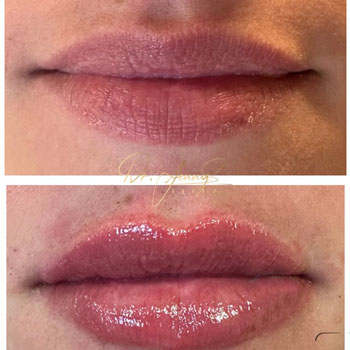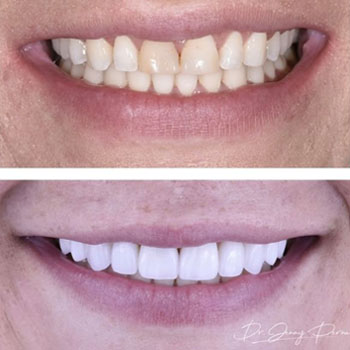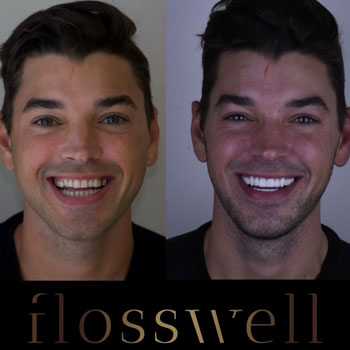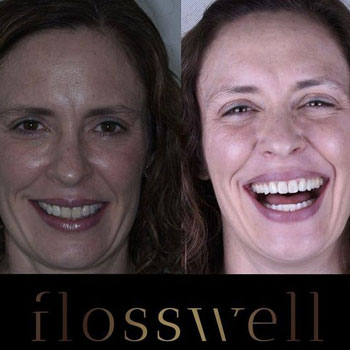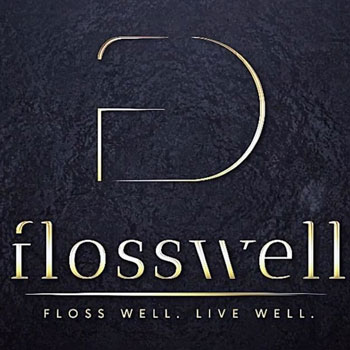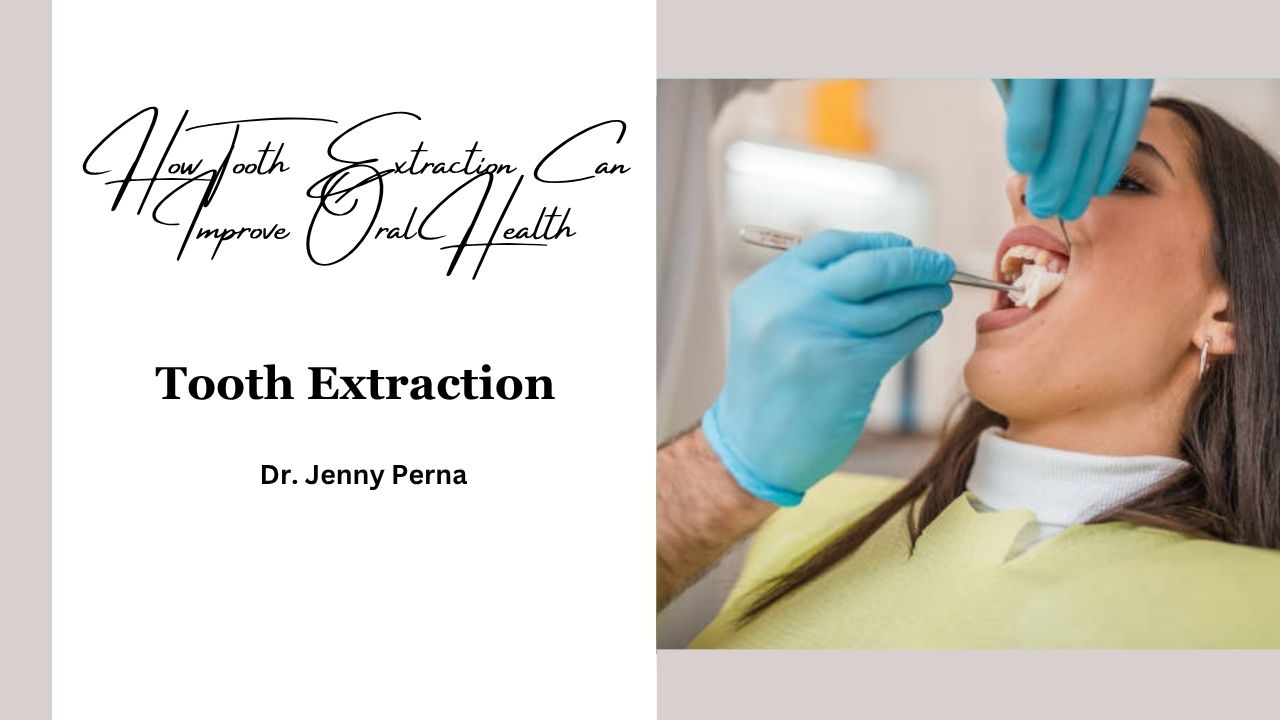
Have you ever thought about how the removal of a tooth may help improve oral health? Tooth extraction doesn’t just lead to losing a tooth; it also helps keep your smile healthy. A dentist in Jupiter can help you determine if an extraction is needed. Dentists will look at your teeth and gums as well as your overall oral health to determine how to proceed.
When Tooth Extraction is Necessary
Understanding the times when teeth removal is required is an important aspect of safeguarding against dental issues. Some of the main causes are:
- Decay of the teeth to such an extent that restoration by filling is not possible
- Gum disease is at its final stage, which has caused the bone around the tooth to be affected
- Impacted wisdom teeth are causing pain or infection
- Teeth damaged by injury or trauma
- Overcrowding that impacts bite function or braces
Taking care of these problems early nips more serious ones in the bud, too
What are the Benefits of Tooth Extraction for Oral Health
There are quite a few benefits when a problematic tooth is removed:
- Prevent infections: Removing a tooth eliminates a source of bacteria. This is crucial in understanding how tooth extraction prevents dental infections.
- Reduce overcrowding: Extracting certain teeth can create space for better alignment. Dentists often recommend tooth extraction to reduce overcrowding in orthodontic cases.
- Relieve pain: Infections in the mouth are the most painful are those that result from the area of damaged or infected teeth. The elimination of such pain, albeit for a short time, is done in the easiest way by extraction.
- Improve oral hygiene: With fewer problematic teeth, the process of brushing and flossing becomes more comfortable, and thus, the risk of cavities and gum disease decreases.
- Support overall oral health: By eliminating harmful teeth, the surrounding teeth and gums are spared from getting damaged.
Going for a professional tooth extraction in Jupiter is an assurance of safety and the least possible time for recovery.
What is the Tooth Extraction Procedure?
In most cases, contemporary are simple, safe, and easy:
- Anesthesia: Local anesthesia is used to numb the area, and thus the patient does not feel any pain.
- Tooth removal: The dentist detaches the tooth carefully with the help of the instruments designed for this purpose.
- Site cleaning: The place is cleaned, and if needed, the site is stitched.
- Post-extraction care: The patient is given clear instructions on how to recover smoothly.
The whole performance takes a short time; thus, the discomfort and risks are kept at a minimum.
Recovery and Aftercare
Aftercare from a dentist near you would help you heal faster.
- Bite down on gauze to control bleeding
- Stick to soft foods for a few days
- Avoid smoking, straws, or strenuous activity
- Brush and rinse gently to keep the site clean
After a few days, most people can return to their daily activities.
What are the Tips for Maintaining Oral Health?
- Attend regular dental checkups to monitor other teeth.
- Follow your dentist’s advice for brushing and flossing.
- Never overlook any pain or discomfort since it can get infected.
If necessary, discuss any possible orthodontic or restoration choices for treatment.
Restore Your Smile with Confidence—Visit Today!
Wondering if tooth extraction is right for you? Take the first step toward a healthier, pain-free smile. Make sure to visit Flosswell Dental and book an appointment today.
FAQs
How long does it take to recover from a tooth extraction?
The majority of people recover within 2–3 days as their swelling and pain subside. Healing is facilitated by the proper following of care instructions.
Is tooth extraction painful?
Thanks to contemporary anesthesia, there is almost no pain. In case you want, you may take some simple pain-relieving medication to alleviate the slight pain that accompanies the area after the procedure.
Can tooth extraction prevent future dental problems?
The removal of the teeth that are damaged or infected will not only make the surrounding teeth and gums safe, but the whole mouth will stay hygienic.
Are there alternatives to tooth extraction?
Potentially, a root canal, filling, or crown might be used to rescue the tooth. Your dentist will provide you with the most appropriate solution based on your particular situation.



